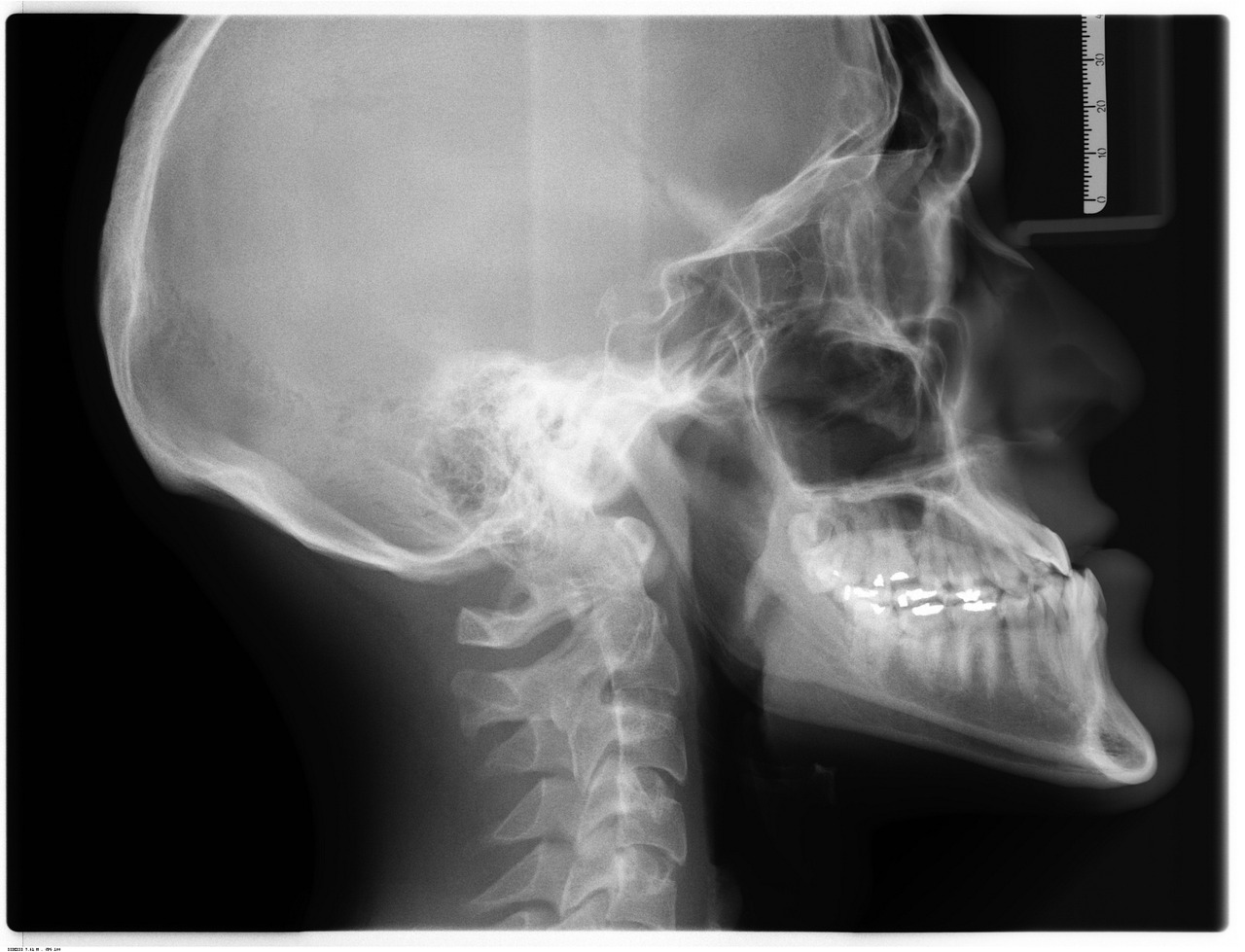Traumatic Brain Injuries (TBIs) are a critical concern in personal injury law, as they frequently stem from the most common type of cases we deal with – car accidents. TBIs, however, are easy to overlook, and today, we want to go in-depth to give you a better understanding of the dangers involved with severe car accidents.
Closed Head Injuries:
Closed head injuries, one of the most common types of TBIs, often occur without any external signs of trauma. These injuries result when the brain is jolted or shaken inside the skull, a frequent outcome in car accidents and falls. The mechanics of closed head injuries can be deceptive – the lack of visible wounds often leads to underestimation of their severity. However, the long-term effects can include chronic headaches, cognitive impairments, and even personality changes, making early and accurate diagnosis paramount for successful health outcomes.
Penetrating Head Injuries:
Penetrating head injuries, in contrast, involve a breach of the skull, such as by a bullet or sharp object. These injuries are typically more straightforward to diagnose due to their visible nature but carry a high risk of severe brain damage. Common in violent assaults and certain workplace accidents, penetrating head injuries often lead to immediate and significant damage to brain tissue.
Blast Injuries:
Blast injuries are a unique subset of TBIs primarily affecting military personnel and victims of explosions. The intense pressure wave from a blast can cause multiple forms of brain injury, often simultaneously. The effects of blast injuries are not always immediately apparent, and symptoms can evolve over time, making early and comprehensive medical evaluation vital.
For some, the effects of a TBI might be as mild as brief headaches or dizziness. However, in more severe cases, victims may experience chronic pain, loss of motor control, or even permanent disabilities like paralysis. It’s important to recognize that even seemingly minor TBIs can have long-lasting physical effects, challenging the notion that all brain injuries are fully recoverable. Victims may struggle with memory loss, concentration issues, and reduced problem-solving abilities. Furthermore, TBIs can lead to emotional and psychological challenges, including depression, anxiety, and mood swings.
Legal Perspectives on TBIs – Misconceptions and Claims
A prevalent misconception is that TBIs, particularly when labeled as “mild,” are quick and easy to recover from. However, as we have discussed, even minor concussions can have far-reaching effects on a person’s cognitive functions, emotional health, and overall quality of life. The term ‘mild’ in medical parlance doesn’t imply insignificance but rather indicates the initial physical impact. A misunderstanding of this term and classification during insurance negotiations may lead to inadequate compensation for victims who may suffer long-term effects from a so-called “minor” TBI.
Another common misunderstanding is that the severity of a TBI can be assessed based on visible symptoms or damage. TBIs often occur without any external signs, making them less apparent than other injuries. This invisibility can lead to challenges in legal settings, where tangible evidence is highly valued. It’s important for legal professionals and juries to recognize that the lack of visible injury does not equate to a lack of severity. Comprehensive medical evaluations and expert testimonies become crucial in these cases to establish the full impact of the injury.
Experienced attorneys understand the intricacies of proving negligence and can navigate the complex medical and legal issues involved. They play a vital role in ensuring victims receive the comprehensive compensation they deserve, considering both the immediate and long-term impacts of the injury. Part of their job involves gathering detailed medical records, expert testimonies, and evidence of the injury’s effect on daily activities and employment. Proving negligence requires establishing a clear link between the responsible party’s actions and the injury, a challenging task due to the invisible nature of TBIs.
Victims of TBIs may be entitled to compensation to help cover medical care expenses, present or future lost wages, and pain and suffering. Our team wants to help you fight for everything you are owed. If you are suffering due to a TBI as a result of someone else’s negligence or lack of care, contact the team at Probinsky & Cole today for a free consultation.








